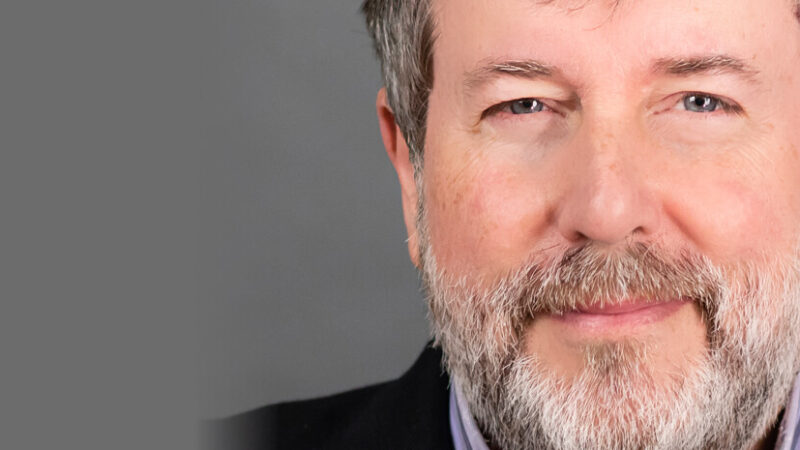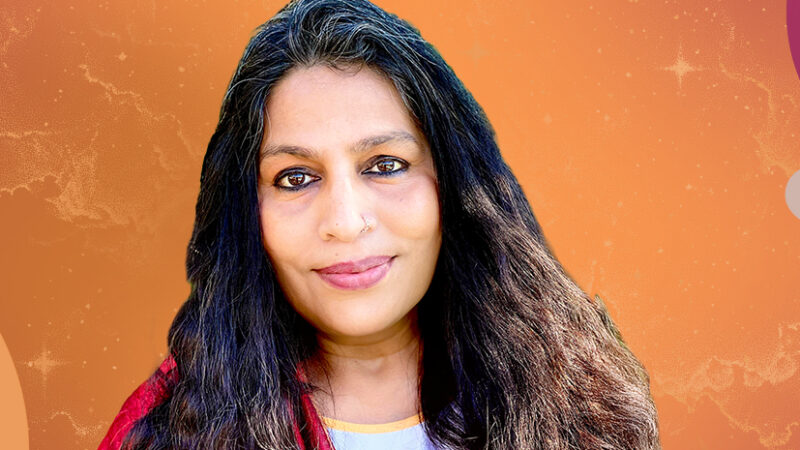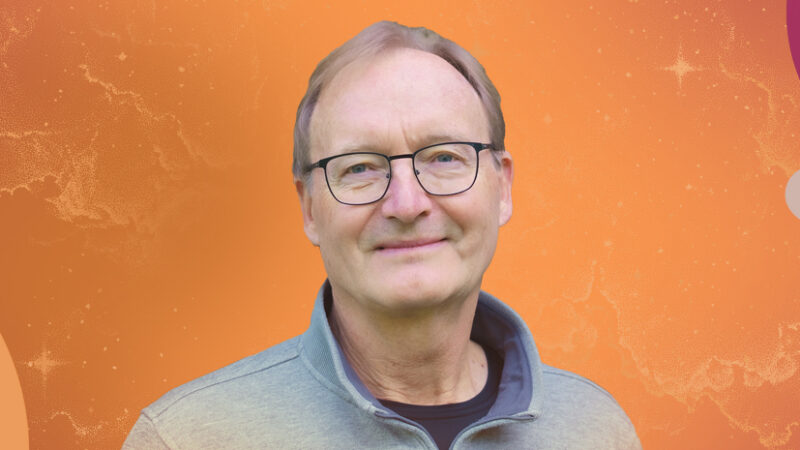Russ Hudson: The Enneagram: Nine Gateways to Presence
Russ Hudson is one of the world’s foremost teachers and developers of the Enneagram personality typology system, having coauthored (with Don Richard Riso) five bestselling books on the subject. With Sounds True, Russ has created an 11-CD audio-learning program called The Enneagram: Nine Gateways to Presence. In this podcast, Tami Simon speaks with Russ about the original purpose of the Enneagram, how our personality types are linked to a deeper level of awareness, and how we can use the Enneagram system to continually discover that we are much more than we may habitually think. They also discuss accessing the gifts of our personality types while avoiding the associated pitfalls or “fixations” of any given type, an overview of each of the nine types, Russ’ guidance in determining your own type, and much more.







